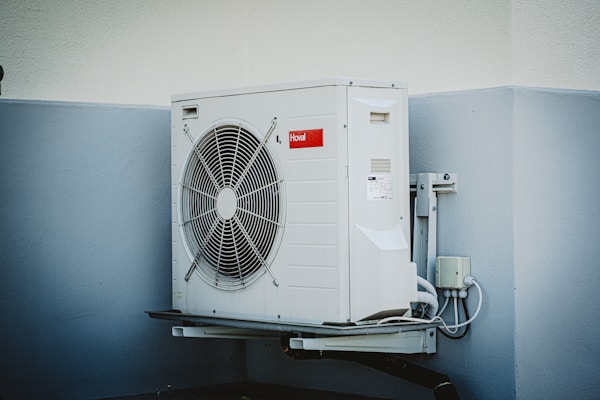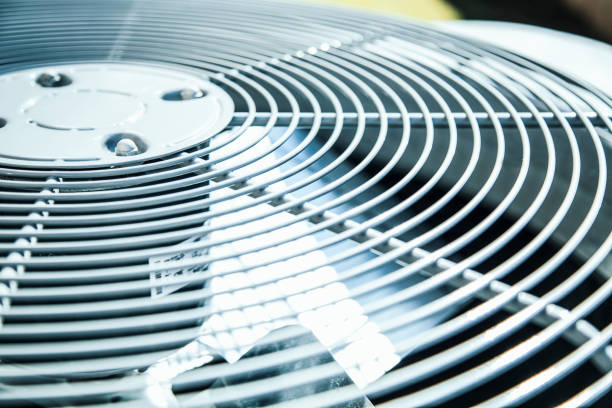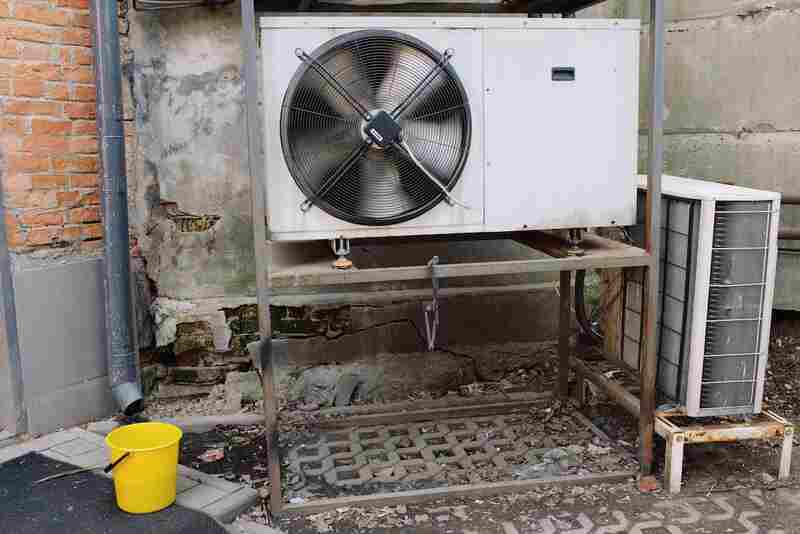Are you hearing strange noises coming from your air conditioning unit? It could be a sign of a problem with your system. From rattling to buzzing and even gurgling sounds, these could be a sign that your AC is in distress. Keep reading to learn more about the common sounds that might indicate a problem with your AC unit.
Squealing

Are you asking yourself, why is my AC squealing? Squealing sounds coming from your AC unit can be an indication of a number of potential problems. The most common causes of this issue are likely to be related to the AC unit’s fan motor, belt, or bearings. The fan motor powers the fan blades that circulate the air, and a problem with this motor can cause a loud squealing noise when it is running. It is also possible that a worn or loose belt can cause a squealing sound as it slides off the motor or fan blade. Finally, worn or damaged bearings in the fan motor can also cause a squealing noise.
If you are hearing a squealing sound coming from your AC unit, it is important to have it checked out by a professional. A service technician will be able to diagnose the exact cause of the problem and recommend the best course of action for repairing it. In some cases, the problem may be something as simple as tightening a loose belt or replacing a worn bearing.
Banging
When an AC unit starts to experience problems, one of the most common signs is a banging or thumping sound. This sound is usually caused by a broken part or an issue with the fan motor. If a grinding sound accompanies the banging sound, this could indicate that the fan motor is failing. If the banging is loud and persistent, it is likely caused by a broken part, such as a sheared fan blade, a broken belt, or a worn-out bearing. If the banging is intermittent and accompanied by a rattling noise, it could be caused by a loose part, such as a loose screw or bolt.
If your air filter is dirty and clogged, it could also lead to excessive vibration by the fan motor, as the HVAC could be working harder. It’s important to check and change your filters at least every 90 days. Additionally, clean air filters can help improve your indoor air quality.
Rattling

Rattling sounds coming from an AC unit can be an indication of a problem. This noise is usually caused by a loose or damaged part inside the unit, such as a fan blade, compressor, or fan motor. It can also be caused by debris getting stuck between the fan blades or in the condenser coils. If the rattling sound is not addressed, it can cause serious damage to the unit and lead to costly repairs.
In order to determine the exact cause of the rattling noise, it is important to first examine the unit. If the noise is coming from the outside of the unit, it could be something as simple as a loose leaf or another type of debris that has become lodged in the fan. If the noise is coming from inside the unit, it could be a more serious issue, such as a fan blade that has become bent or a compressor that has become damaged. If the rattling noise persists and cannot be determined to be caused by a loose part or debris, it is important to call a professional to inspect the unit.
Whistling
Whistling coming from HVAC equipment can be a very annoying and disruptive experience. If the sound is coming from the air handler, it could be due to a bad bearing or a belt that needs replacement. If the sound is coming from the blower motor, it could be due to a bad bearing, worn-out belts, or a loose fan blade. If the sound is coming from the furnace, it could be due to a worn-out fan motor or worn-out bearings. Finally, a high-pitched whistling or screeching could also indicate that the unit’s compressor has a dangerously high HVAC refrigerant pressure. This is an issue that should be addressed by a professional as soon as possible.
Overall, it is important to be aware of any unusual sounds coming from your AC unit, as they can indicate a problem that needs to be addressed. These sounds can range from a banging noise to a whistling sound and can be an indication of anything from a broken belt to a refrigerant leak. Ignoring the issue can lead to further damage and even having to replace the unit.


